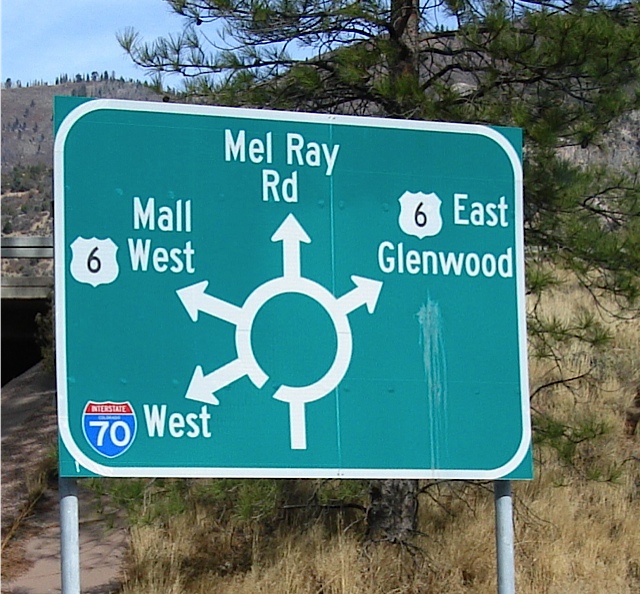
The weary traveler had to make a decision. Which way to go? You, on your mission, will be required to make many decisions. How will you choose which way to go? Let wisdom be your guide.
A compelling movie Gaslight (1944) elucidates the importance of being guided by wisdom. Paula’s aunt is murdered by Sergius Bauer who escapes before stealing the aunt’s jewels, the intended prize for the murder. Sergius disguises himself, marries Paula, and quickly tries to drive her crazy by lying to her. The plan is to gain possession of the jewels and get rid of Paula.
A smart Inspector Cameron foils the plot, but not until Paula succumbs to believing she has gone completely mad. To drive her “crazy”, Sergius uses a technique called, “gas lighting”. Sergius hides his watch in Paula’s purse and then accuses Paula of stealing it. Sergius changes the level of the gaslights and tells Paula they have not changed. He simply lies to her and she becomes confused by the lie.
Most arresting about this story is that Paula is so easily manipulated into thinking she is crazy. She does not trust her own wisdom or discernment. Theories could explain her demise. Some of these theories are biological, psychological, or sociological.
Biological theories posit that Paula was depressed over the brutal murder of her aunt. She would have developed a biologically deficient brain chemistry that would have left her despondent and easily coached into craziness. Biological treatments focus on psychotropic drugs prescribed by medical doctors or psychiatrists. After taking the drug, Paula might have felt less emotional, more insightful, and able to discern that Sergius was telling lies.
Psychological theories run the gamut of exploring cognitive functions. Perhaps Paula had a proclivity towards all or nothing thinking – believing that Sergius must be always right and she always wrong. Led by counselors and psychologists (talk therapy), psychological interventions focus on changing the cognitions and helping the person develop insight. While talking to a counselor, Paula would “sort out” the odd dilemmas, recognize that she wasn’t always doing wrong, and set up some test to determine what was really going on in the home. She would regain a clear cognitive response to adversity.
Sociological theories look at how the environment shapes the individual. Paula might have been the product of her time – raised to believe she must have unwavering trust in and obedience to her husband. For this reason, she would forget reason and blindly obey his manipulations and lies. Sociological interventions would help her get out of this double bind (damned if you do and damned if you don’t). Traditionally a social worker or counselor would help her regain her power. Paula might take a woman’s effectiveness training course and learn to safely and effectively talk back and question her her husband. She would cause him to waver and expose his own dishonesty.
The ultimate goal is for Paula to access her own wisdom and discernment and get out of the mental traffic circle loop of being depressed, losing her cognitive insight, or feeling she has to be at the mercy of others. She would be wise, take a different mental route, and get on with her mission.
Wisdom and discernment will lead you to fulfillment of your mission. Biological, psychological, or sociological weaknesses do not have to be permanent detours getting you off your path. Feeling “crazy”, having bad judgement, not being able to think clearly, do not have to be your normal state. Wisdom can get you back on track — even if you relapse because of quick and sudden bouts with post traumatic stress.
When you get stuck in the mental traffic loop of “crazy” or take a wrong turn on your road to accomplishing your mission, there will always be a way back to wisdom. When you are floundering on your own, there will be always be an Inspector Cameron to help you find your way. This helper can take many forms – friend, family member, counselor, teacher, preacher, something in nature, a spiritual guide, or supernatural, higher power. Whatever the situation, wisdom will guide you safely and effectively on your mission path.
Quote
“The teacher who is indeed wise does not bid you to enter the house of his wisdom, but rather leads you to the threshold of your mind.
- Khalil Gibran, Lebanese-American Writer
Activity
Activity:
Materials: Paper and pen or pencil
Time: Ten minutes to write and ten minutes per person to discuss the results
Instruction:
1. Look at the traffic sign above. Draw a similar circle with radiating roads in the center of your paper.
2. Think of a problem that you are now having and want to solve. Write a short descriptor of this problem at the top of the page.
3. Think of the many roads you can take or choices you can make regarding the solution or resolution to this problem. (One might be to simply not do anything.) Label the radiating roads with a choice you can make.
4. Decide which road is the most wise to take and circle or check this pathway.
5. Underneath the label write down why you discern this might be the best route to take.
6. Discuss what you have written with the rest of the group or with a friend or family member.
- « Previous lesson: Employed: I am gainfully occupied
- » Next lesson: Speaking in, up, and out: I have a voice